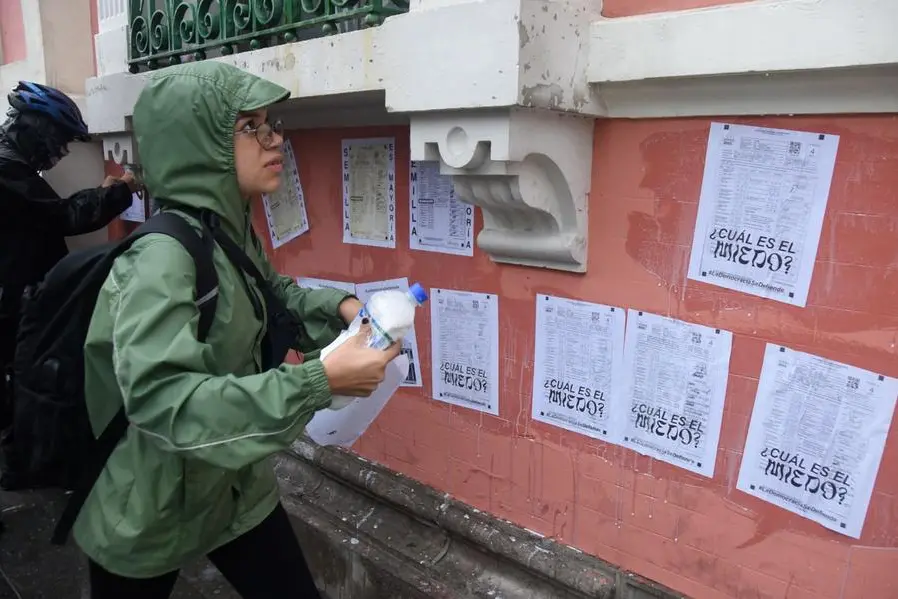PHOTO
Guatemala will review the outcome of presidential elections held last month, a tribunal said Monday, after judges put a halt to the release of official results following claims of irregularities.
The United States condemned "efforts that interfere with the June 25 election result" after Guatemala's highest court on Saturday granted an application brought by nine rightwing parties.
They claimed there had been interference with voting records from more than 1,000 polling stations out of more than 122,000 countrywide.
In a surprise outcome, two social-democrats -- Sandra Torres and Bernardo Arevalo -- came out on top of last month's first voting round.
Unless the outcome is overturned, they will compete in a runoff on August 20 -- meaning Guatemala will have its first president from the political left in more than a decade.
The complaint to the nation's constitutional court was brought by parties including Vamos of outgoing President Alejandro Giammattei, whose candidate Manuel Conde came third, and Valor whose candidate was Zury Rios, daughter of a former dictator.
The court on Saturday ordered the Supreme Electoral Tribunal (TSE) which oversees voting in Guatemala, to suspend the "officialization" of the results.
On Monday, the TSE said a "review" of polling station records -- which list the number of votes cast, the results for each candidate as well as spoilt votes -- will start Tuesday at its operations center in Guatemala City, which AFP observed was under heavy guard by police and soldiers.
Such a review is not the same as a vote recount, which is not permitted by law, a TSE official who does not have authority to speak on the record told AFP.
Officials from political parties will take part in the review.
The US Department of State said Sunday it was "deeply concerned" by the court ruling.
It endorsed the conclusions of observer missions, including the Organization of American States and European Union, validating the preliminary results.
"Undermining the June 25 election would be a grave threat to democracy with far reaching implications," said US Secretary of State Antony Blinken.
The Organization of American States also expressed concern, saying there was "no reason" to suspect voter fraud, while the European Union urged political parties to respect the will of the people.
The first round was marked by low voter turnout and a high rate of invalid ballots cast, with few Guatemalans holding out hope that their next president will solve the problems of crushing poverty, violence and corruption.
Rights groups have furthermore expressed increasing concern over perceived efforts to crack down on prosecutors and journalists in an apparent bid by the government to protect a corrupt system benefiting those in power.
The vote had been marred by the exclusion of two popular candidates, Carlos Pineda and Thelma Cabrera, invalidated by TSE decisions their supporters claim amounted to political sidelining.





















